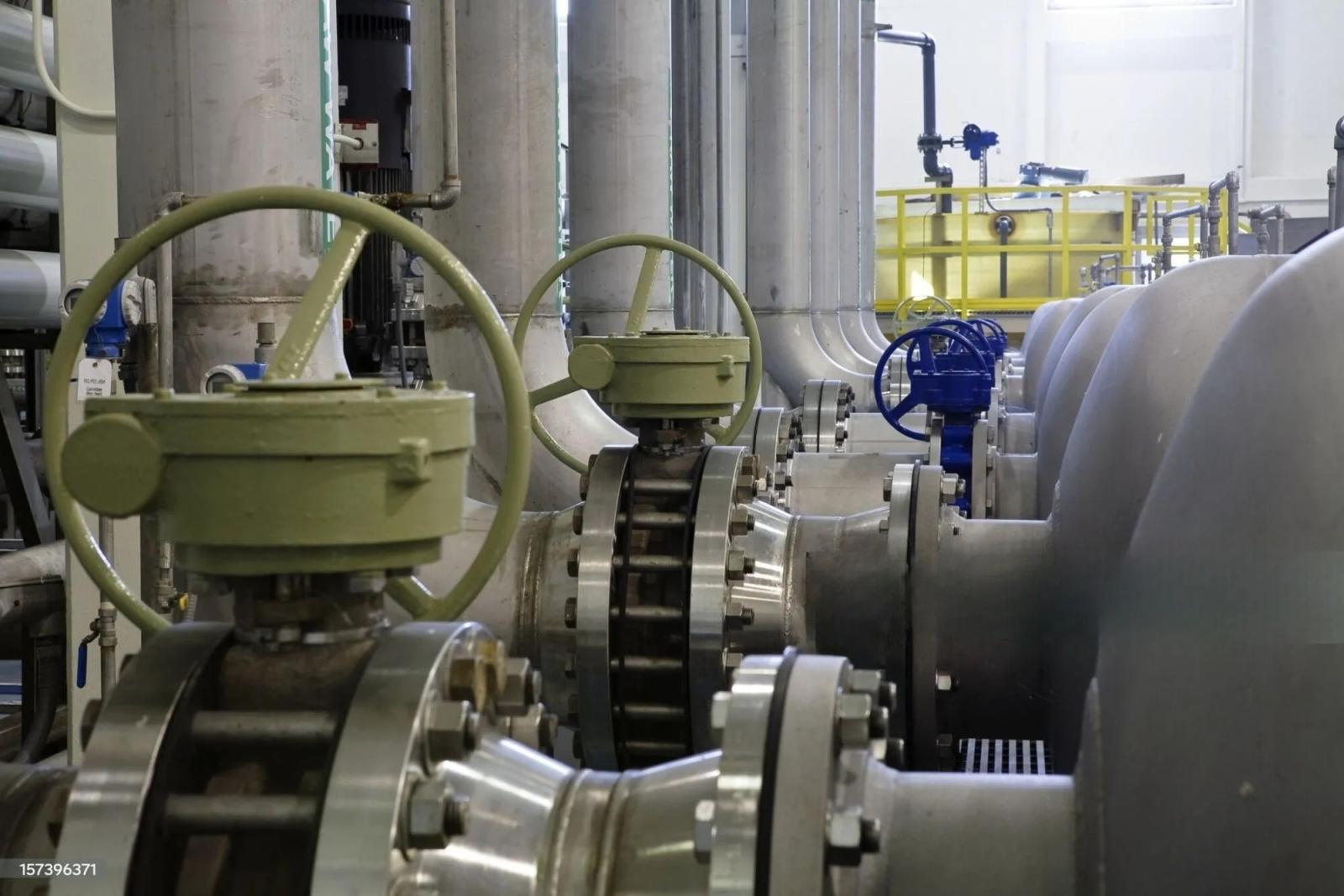Notifications

4 minutes, 6 seconds
-15 Views 0 Comments 0 Likes 0 Reviews

In today’s energy sector, efficient and reliable flow control valves are crucial for safe and productive operations. The oil and gas industry faces ongoing challenges in maintaining operational efficiency and safety, with flow control issues leading to costly disruptions. Addressing these challenges requires proactive measures and innovative solutions to improve performance, reliability, and sustainability.
Effective flow control is essential in the oil and gas industry, where even minor disruptions can lead to substantial financial losses. Downtime caused by flow control failures can result in hundreds of thousands of dollars in lost revenue per day, highlighting the need for robust solutions that mitigate risks and maximize operational uptime.
A significant concern in the industry is the continued use of outdated blowout preventer (BOP) control systems. These aging systems lack modern safety features, making them vulnerable to pressure fluctuations during drilling operations. To address this issue, industry leaders are upgrading to advanced BOP control systems with enhanced safety mechanisms that adapt dynamically to pressure variations, reducing operational risks and improving safety compliance.
Older flow control systems are not only less efficient but also prone to frequent breakdowns, disrupting operations. Enhancing these systems requires strategic upgrades such as:
Seal Replacements: Using advanced sealing materials to enhance durability and reliability.
Customized System Conversions: Retrofitting outdated systems with tailored solutions to improve performance.
Smart Valve Integration: Implementing smart valve technologies with advanced monitoring and automated control capabilities to optimize flow regulation and prevent failures.
Aging equipment presents another challenge: the scarcity of spare parts. Delayed access to critical components prolongs downtime during repairs, impacting productivity and profitability. To overcome this issue, operators are adopting:
Proactive inventory management strategies.
Alternative sourcing solutions for legacy equipment.
Collaborations with specialized suppliers to ensure timely spare part availability.
Outdated technologies contribute to excessive energy consumption and increased operational costs. Optimizing energy efficiency requires:
Upgrading regulators to improve performance and reduce energy wastage.
Enhancing filtration systems to minimize debris accumulation and maintain smooth flow control.
Implementing deck testing improvements to maximize efficiency in system performance assessments.
Investing in modernized flow control solutions delivers both immediate and long-term benefits. By integrating smart valve technologies, implementing proactive maintenance, and upgrading to energy-efficient components, industry operators can:
Reduce operational costs.
Extend equipment lifespan.
Improve compliance with evolving industry standards.
Enhance overall safety and system reliability.
Overcoming flow control challenges in the energy sector demands a forward-thinking approach that prioritizes modernization, efficiency, and sustainability. By upgrading outdated systems, integrating smart technologies, and implementing proactive maintenance strategies, industry stakeholders can mitigate risks, optimize production, and drive long-term growth in an increasingly competitive market.Know more about Google SEO Directory

